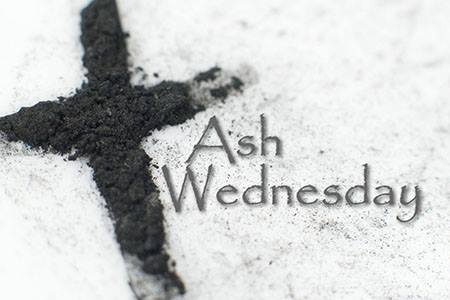Ash Wednesday is the first day of the season of Lent. In liturgical churches, it begins with a vivid reminder of death. As the words “for dust you are and to dust you shall return” are spoken, Christians are marked on their foreheads with ashes in the shape of the cross. This year in Mexico, many Christians used this remembrance of death to remember and protest the loss of 43 students who were kidnapped, murdered, and then had their bodies burned in a garbage dump and their ashes dumped in a river. These Christians marked their foreheads with the number 43 in place of a cross, and then, as a sign of our digital age, took selfies with the hashtag #nosoncenizas (which translates as “they are not ashes”). The appropriateness of religious symbols used in this manner can be problematic; however, the use of this liturgical practice as a form of resistance has powerful implications for our theology.
First, Ash Wednesday emphasizes two themes: our sinfulness before God and our human mortality. We are reminded that we are going to die, but we also realize that we do not need to fear death because our sinfulness and mortality have been triumphed by the resurrection of Jesus Christ. In Mexico, the protesters felt the need to confront the world with the reminder that 43 students were brutally murdered, and many Mexicans do not believe that the killers have been brought to justice or that their government can be trusted. While we can be assured that the 43 students are resting in peace with their Lord, many may have difficulty living in peace with a system of justice under which the death of 43 innocent people has not been handled transparently nor has any assurance been provided that such an atrocity will not recur.
The ashes worn on Ash Wednesday are a public symbol of penance, mourning and mortality. Mexico is in mourning for the 43 students from Ayotzinapa and, to demonstrate this, the protesters literally wore their grief on their foreheads. This also reminds us that the ashes are a public expression of faith as well as an outward symbol of sorrow, being that we are physically marked with death.
Lent is a time to reorder our lives. It is a time to rekindle our faith and reflect on our principles and priorities. In Mexico, people want a reordering of their government’s priorities to reflect the principles of justice. Using the symbol of the ashes in protest, Mexican Christians have called for a dying of the old ways of injustice and corruption, to be replaced by a new way of being and living in the peace and truth that, with the grace of God, we are called to embrace.

